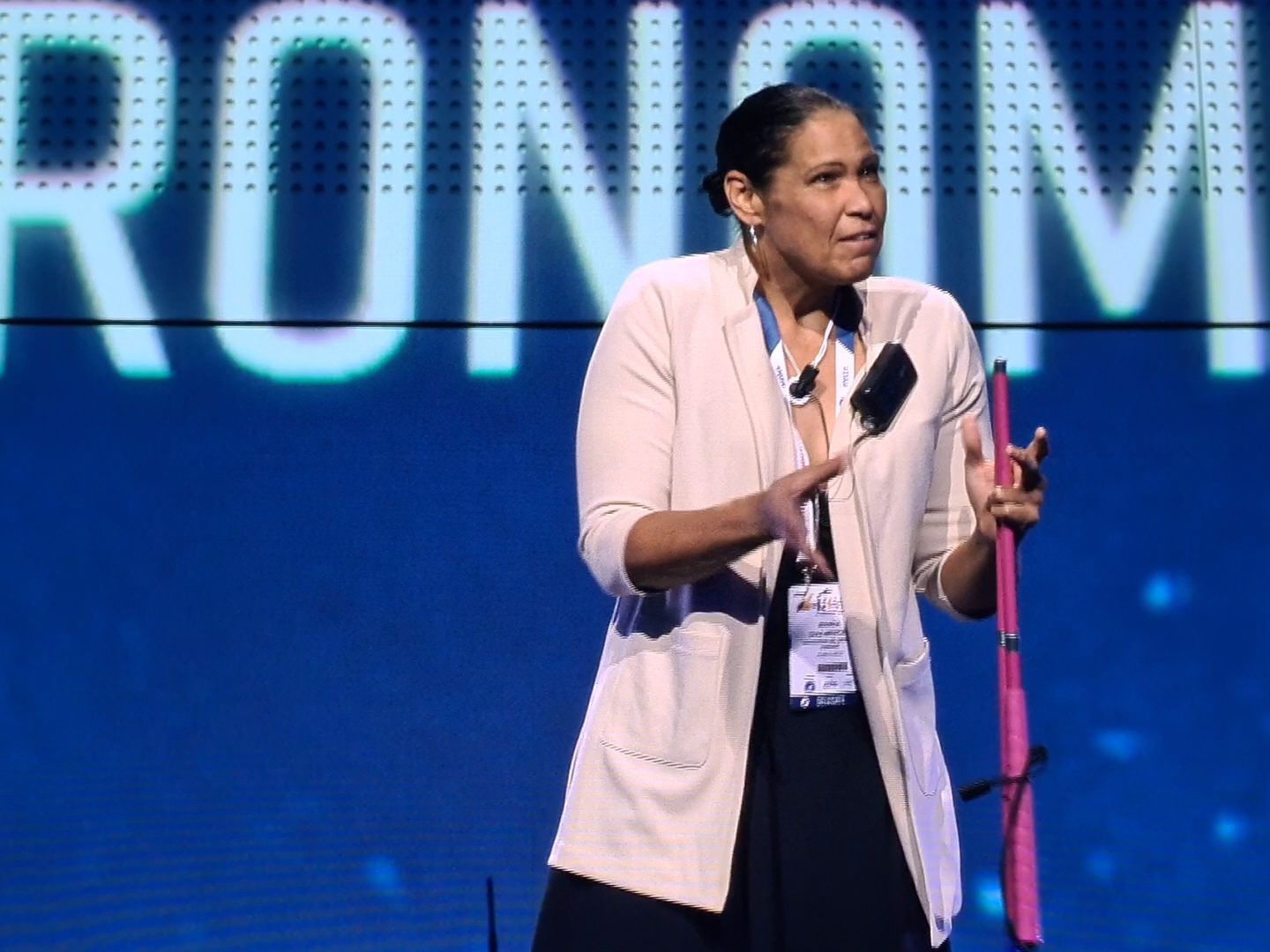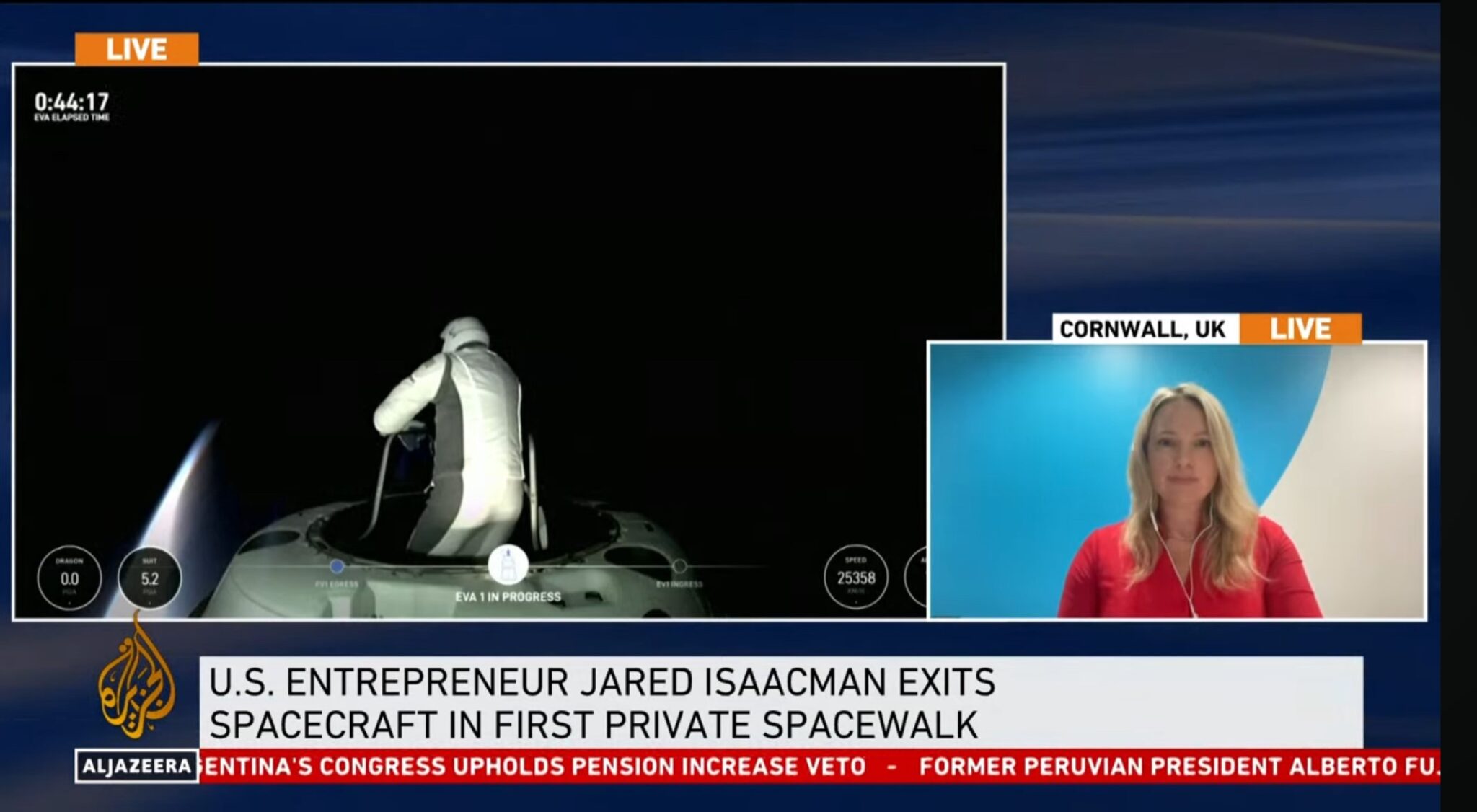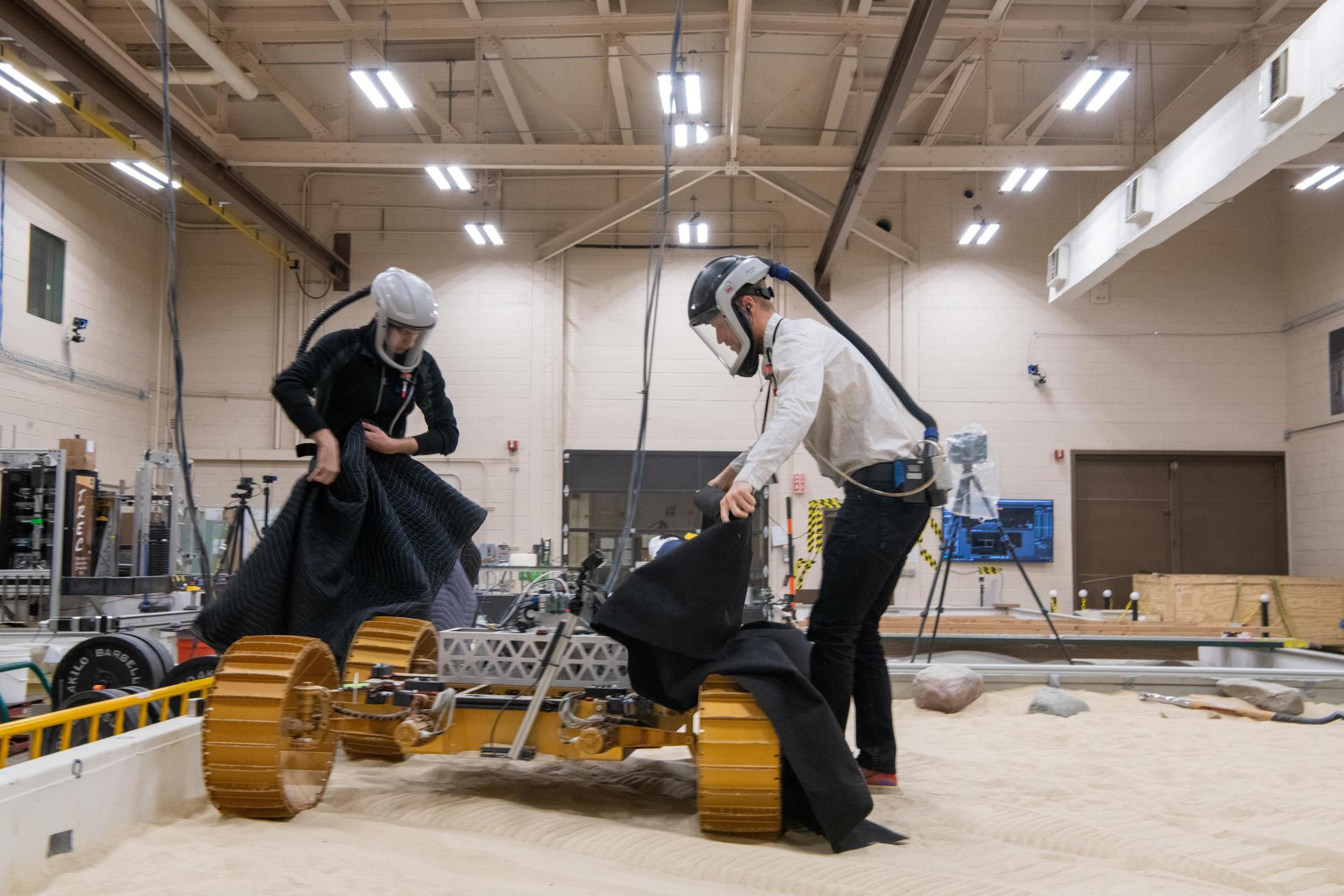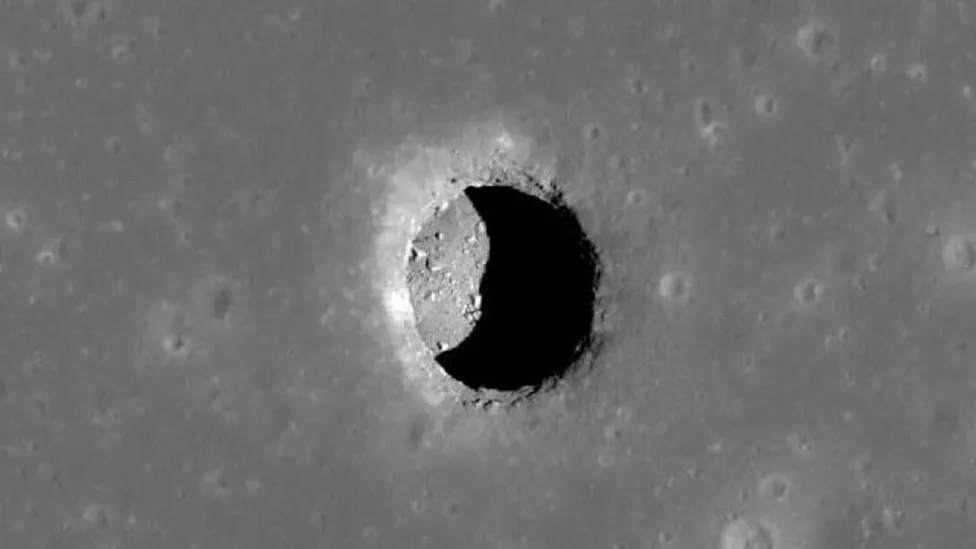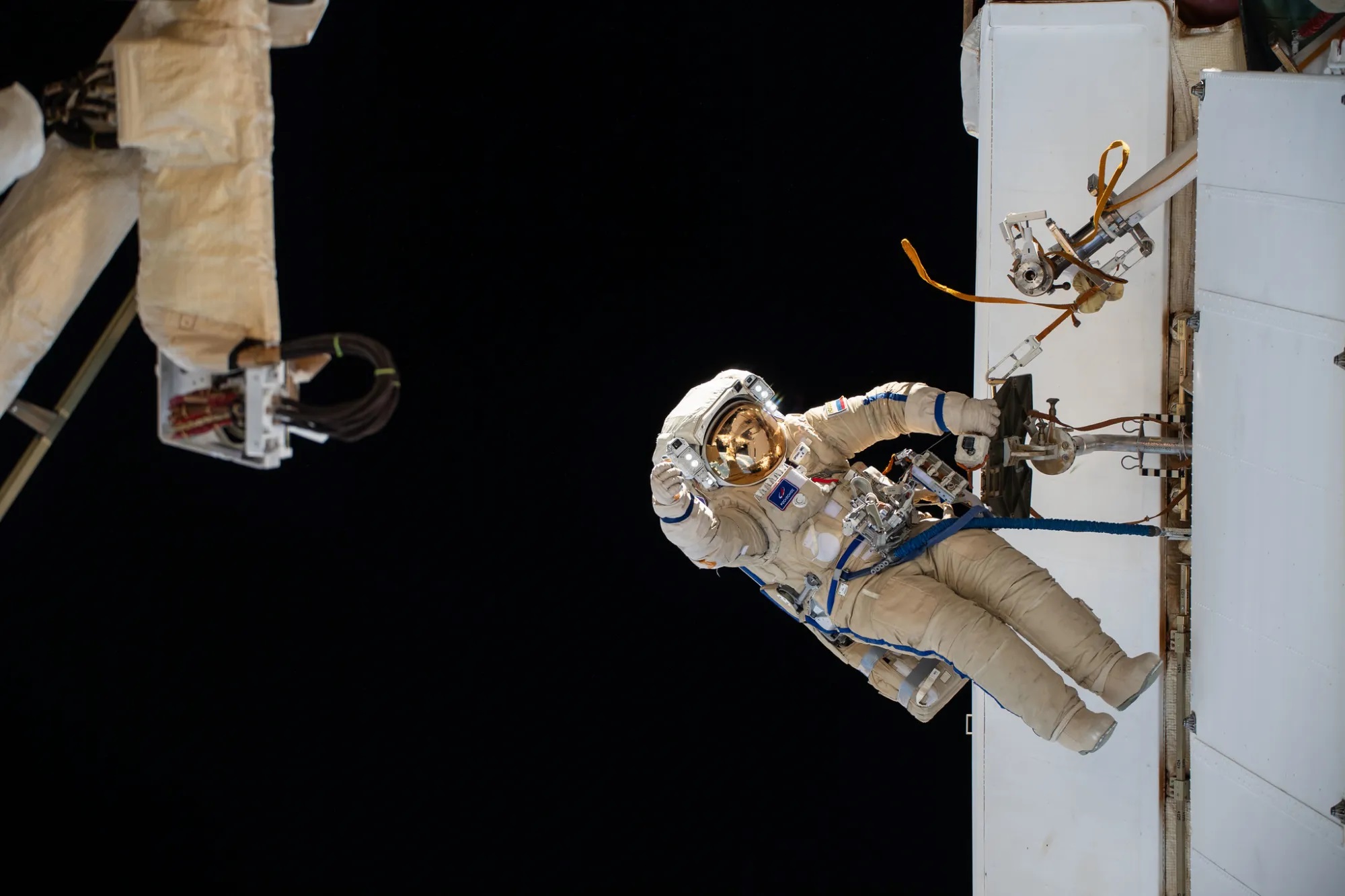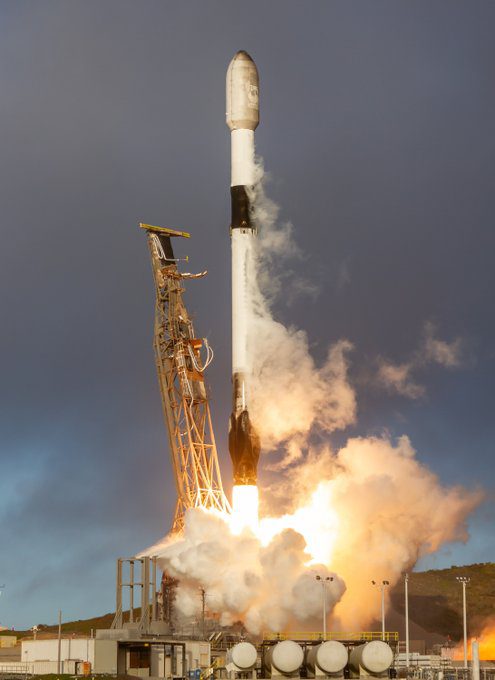The Russian unmanned Foton M4 biology and technology mission has successfully landed in Kazakhstan at 0918 GMT on 1 September 2014 after its re-entry into Earth’s atmosphere. The Foton M4 spacecraft had been launched by a Soyuz 2-1A rocket on 18 July 2014 on a 60-day mission to observe sexual behaviour and mating habits of geckos (amongst other biological and technological experiments). However the mission turned to tragedy when it was found that none of the Geckos had survived. From their reported partly mummified condition, experts concluded that the geckos had died over a week ago after a failure of the heating system. Some fruit flies that had been carried on the flight did survive however.
The Russian space agency Roscosmos is quoted as saying that fruit flies “got through the flight quite well, grew and bred”, but “all geckos died, unfortunately”. Earlier in the mission there was concern when the spacecraft did not respond to commands for a time. However, later the spacecraft was recovered to full control and a normal re-entry was able to take place.
Comment by David Todd: Perhaps it should have been foreseen that like the doomed love of Shakespeare’s Romeo and Juliet characters, these star-crossed gecko lovers would also have a tragic end. However, as we noted before, leaving this vale of tears while making love with the one you love just might possibly be the nicest way to go. Actually, there were not just two lovers on the craft as it was more of a “ménage à cinq” orgy with five geckos aboard. Ah well…the thought was there.

